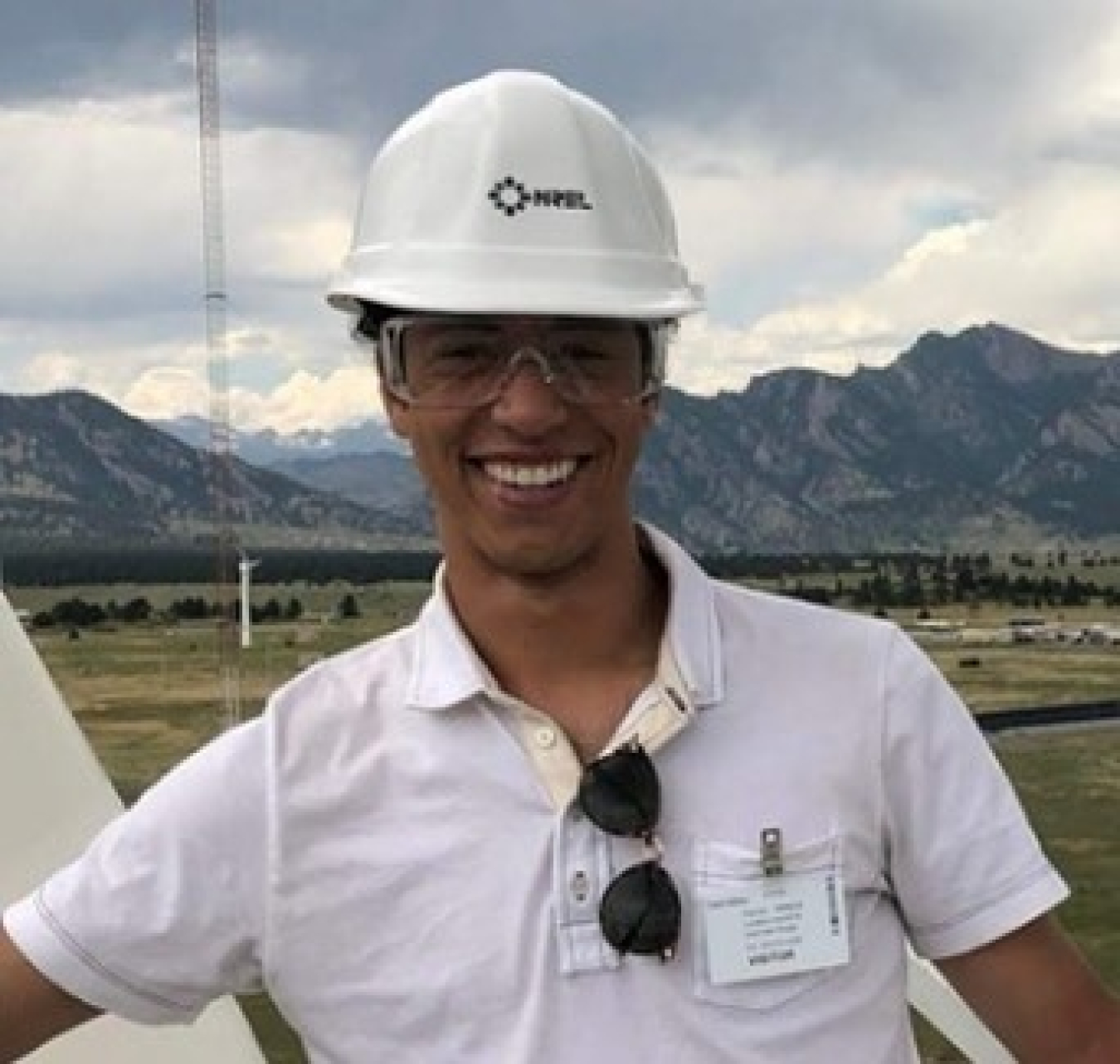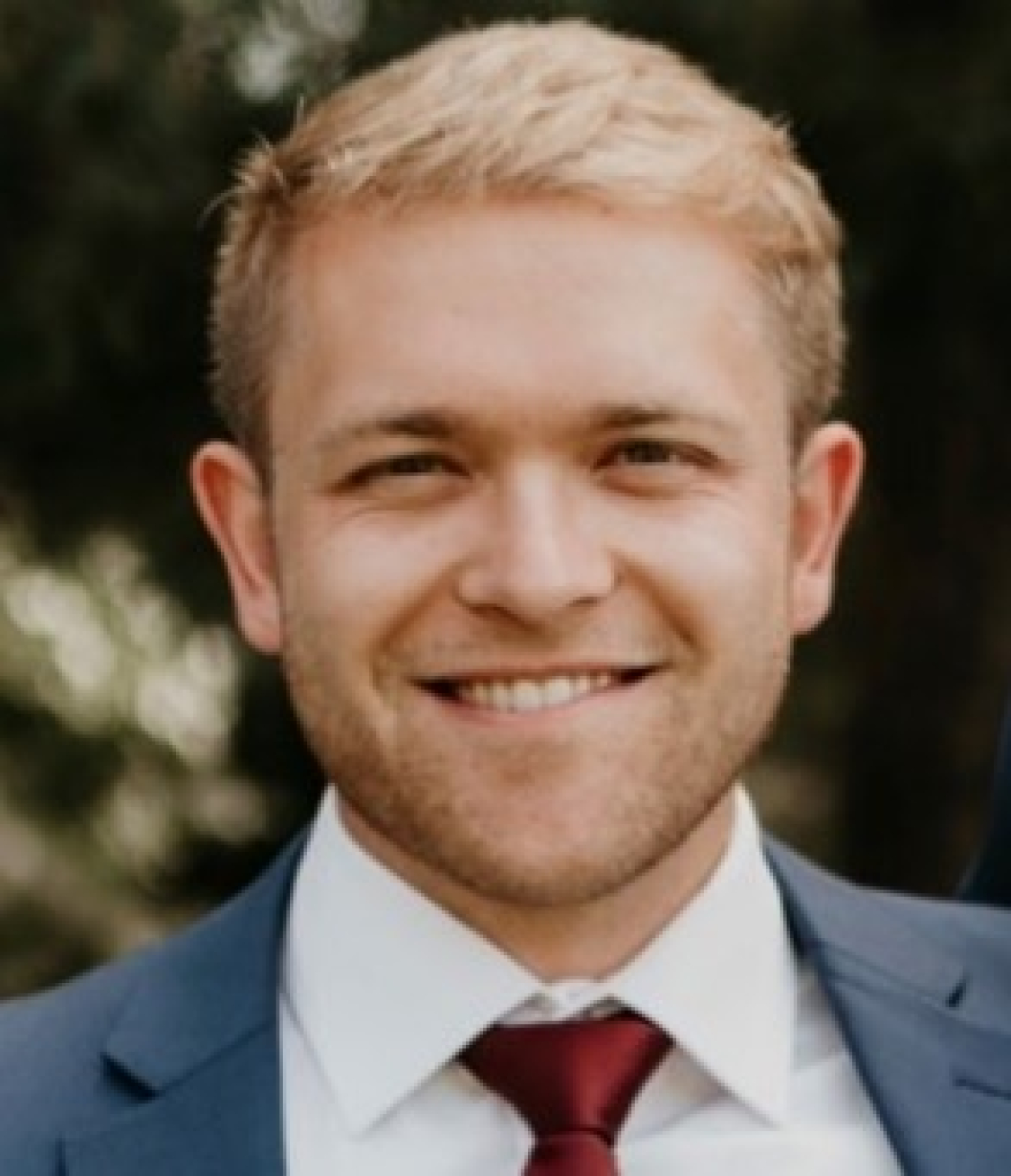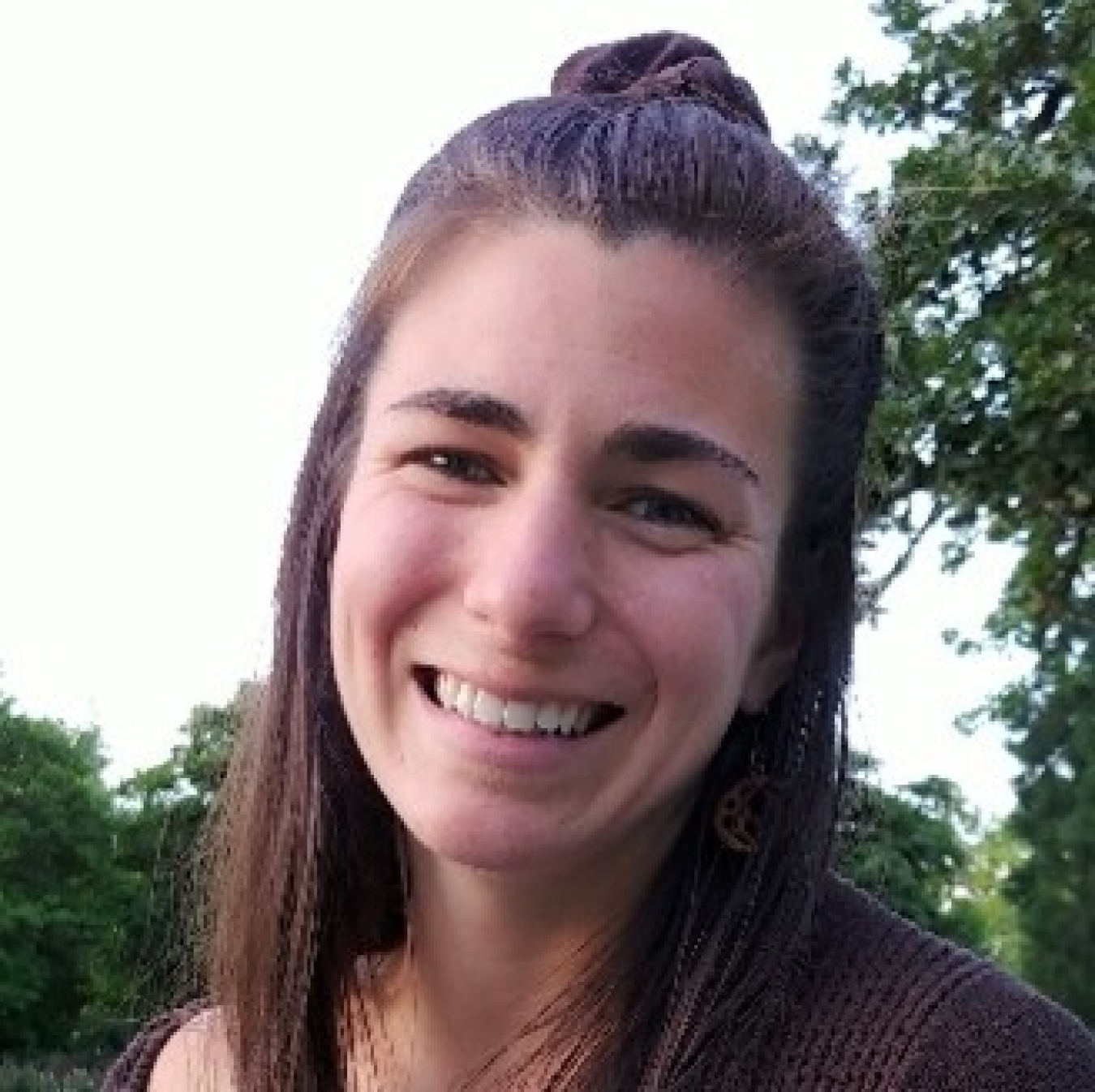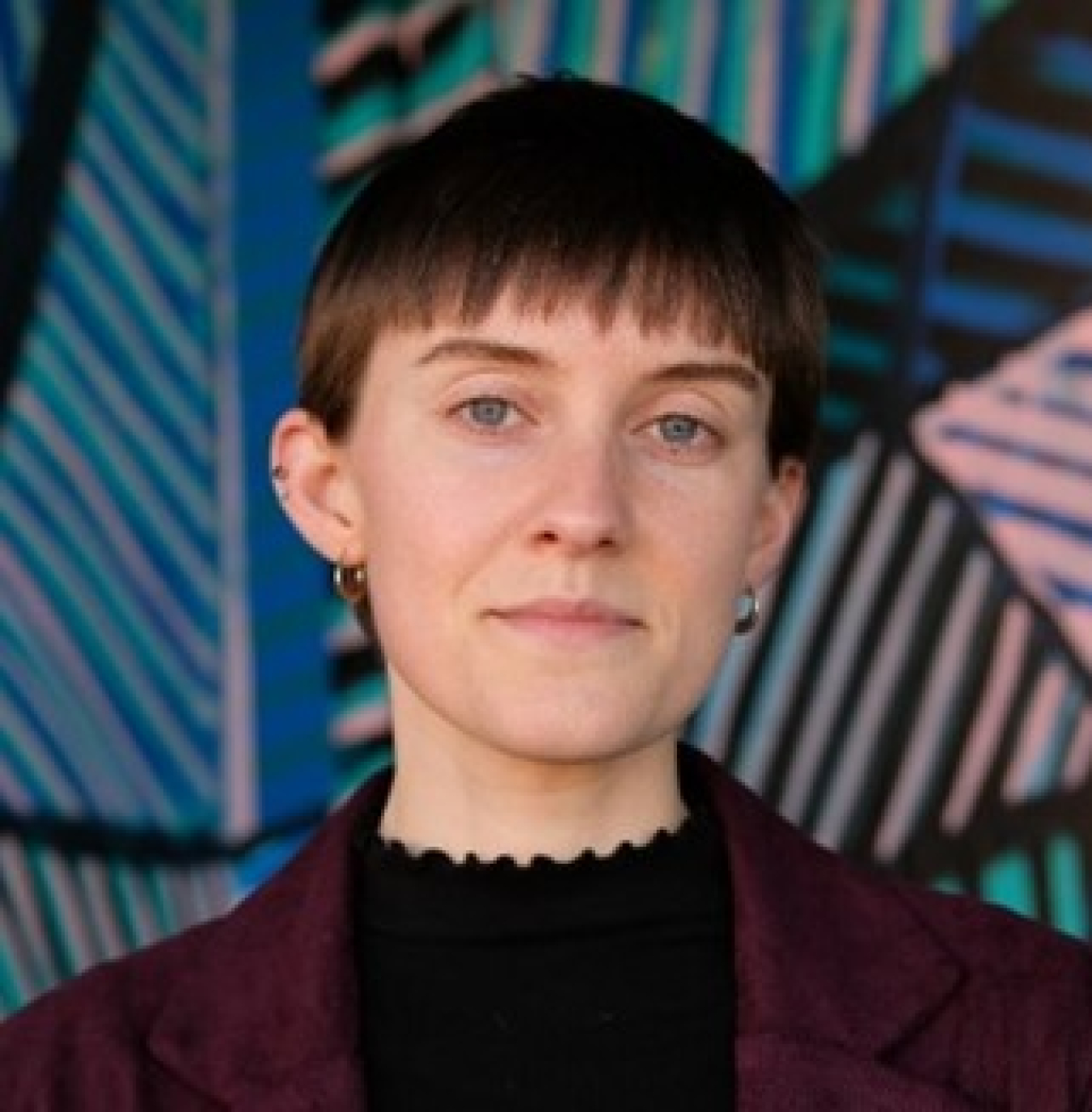Meet this year's cohort of Oak Ridge Institute for Science and Education (ORISE) Marine and Hydrokinetic (MHK) Graduate Student Research Program Fellows.
Water Power Technologies Office
June 30, 2021Once a year, National Ocean Month celebrates the many ways that the world ocean inspires and connects us, and reminds us of our responsibility to protect and sustain our blue planet for future generations. However, every day is an opportunity to seek scientific solutions among the waves for this year's cohort of Oak Ridge Institute for Science and Education (ORISE) Marine and Hydrokinetic (MHK) Graduate Student Research Program Fellows. The four graduate students selected for 2021 ORISE MHK fellowships are exploring new ideas that can increase marine and hydrokinetic generation to support a brighter tomorrow for all.
Learn about their project goals, personal inspiration, and professional paths in the interview summaries linked below. And let the inspiration flow.
Trent Dillon, University of Washington
Proposed Research Topic
Harnessing wave energy to improve the coastal resilience of the Makah Tribe.
Host Facility
Makah Tribal Council

As a Ph.D. student at the University of Washington in Seattle, Trent Dillon has spent the past four years focused on mechanical engineering research related to wave energy. His ORISE fellowship applies his academic expertise in energy systems cost and performance analysis at the community level, considering location-specific options and opportunities for the Makah Tribe in Neah Bay, Washington, to harness wave energy. Learn more about Trent's research topic and vision for an equitable energy future.
Michael Kelly, University of California, Berkeley
Proposed Research Topic
Assessing flexible-inflatable wave energy converter performance relative to their rigid counterparts, when coupled with traditional high efficiency power take-off systems.
Host Facility
CalWave Power Technologies

While competing in the Department of Energy's Waves to Water Prize, Michael Kelly noticed that a lot of teams, including his own, were proposing a wave-powered desalination systems using inflatable technologies. While inflatable elements may lower the lifetime costs of wave energy systems by reducing transportation and manufacturing costs, it remains unknown how the performance of inflatable technologies compares with rigid materials. Find out how the Ph.D. candidate at the University of California, Berkeley plans to fill this research gap during his ORISE fellowship.
Ali Trueworthy, Oregon State University
Proposed Research Topic
Design approaches for addressing the technical, environmental, and human challenges of wave energy.
Host Facility
Pacific Northwest National Laboratory

Ali Trueworthy is currently pursuing multiple advanced degrees at Oregon State University—an MS and Ph.D. in Mechanical Engineering and an MA in Environmental Arts and Humanities. This interdisciplinary coursework has provided her with a unique perspective on both the standard systems engineering approach as well as the environmental and social aspects of renewable energy. For her ORISE fellowship, Ali is working to establish a user-centered design methodology for high-performance wave energy devices.
Katherine Van Ness, University of Washington
Proposed Research Topic
A computational and experimental study of blade pitch control mechanisms for horizontal-axis current turbines.
Host Facility
National Renewable Energy Laboratory

When Katherine Van Ness met the National Renewable Energy Laboratory's Dr. Robynne Murray in 2019, the PhD student at the University of Washington was struggling to perfect a blade fabrication process for small-scale composite turbine blades. Dr. Murray had some suggestions that helped. They soon realized there was an incredible research opportunity between the experimental facilities at the University of Washington and the state-of-the-art software capabilities at the National Renewable Energy Laboratory. See how Katherine will use her ORISE fellowship to develop model simulations of laboratory-scale blade pitch control experiments.
______
ORISE MHK fellowships enable individuals—whether undergraduate, graduate, postdoc, or faculty—to conduct collaborative research with national laboratories and federal agency partners. As participants in the MHK Graduate Student Research Program, these next-generation marine researchers will advance their doctoral theses, access state-of-the-art equipment and expertise, and strengthen the body of scientific knowledge supporting the MHK industry. Perhaps most importantly, these early-career scientists will advocate for resilient ocean habitats, wildlife, and resources not just during National Ocean Month, but for many months to come.

